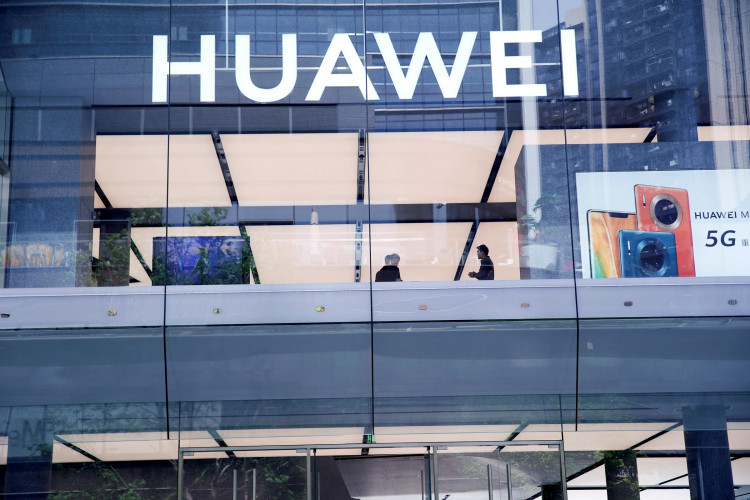Huawei's creator has ducked out of the radar for decades as the company has evolved to emerge as the largest network equipment manufacturer for telecommunications operators and beat Apple as the No. 2 smartphone company.
Today, when China's first global tech company mobilizes to counter U.S. restrictions and threats, Ren Zhengfei is coming out in the open to dispel thoughts that Huawei is a security problem.
The businessman at the heart of the fight between the Trump administration and Beijing over innovation is a "battle-tested" industry player who forced Western competitors out of the business, fought with financial disasters, and faced a seemingly insurmountable job-related stress that he thought about taking his own life.
"Huawei has been struggling for three decades and there has been no happiness," Ren said in an interview. "Every episode's agony is unique."
This chapter of his life has a private dimension, though: Ren's wife, Chief Financial Officer of Huawei, is under detention in Canada on U.S. allegations she helped break sanctions against Iran.
The worsening drama with Washington has transformed Ren into one of China's most prominent figures from a respected yet barely seen entrepreneur with an estimated market value of over $3 billion.
He belongs to a group of businessmen who in the 1980s established the first private companies of the communist era in China.
They maneuvered through an evolving, government-controlled world, addressing capital and infrastructure constraints to establish developing industries abroad. Ren founded Huawei in 1987 after the termination of his military post.
Huawei is a success in sectors sponsored by the ruling Communist Party but the aim of complaints that force foreign companies to turn over trade secrets.
Ren speaks like a failing novice despite his success, worried that staff may become too confident amid the company's current health.
Ren writes letters advising workers to "prepare for the worst," an industry research agency, Nicole Peng of Canalys, said.
As for "how his character will help the business thrive, Peng said, "I'm sure it is going to survive. As he said, they are ready for it."
Huawei claims it belongs to the Chinese citizens who make up half of their 180,000 workers. Ren's stake with the company has fallen to 1.14 percent as a heavy volume of stocks has been given out to the workforce.
Meanwhile, Huawei leads the way in fifth-generation mobile engineering, along with Nokia Corp. and LM Ericsson. To support self-driving cars and other potential technologies, Huawei is expected to update or extend networks. But this expanded scope renders 5G prone, politically.





